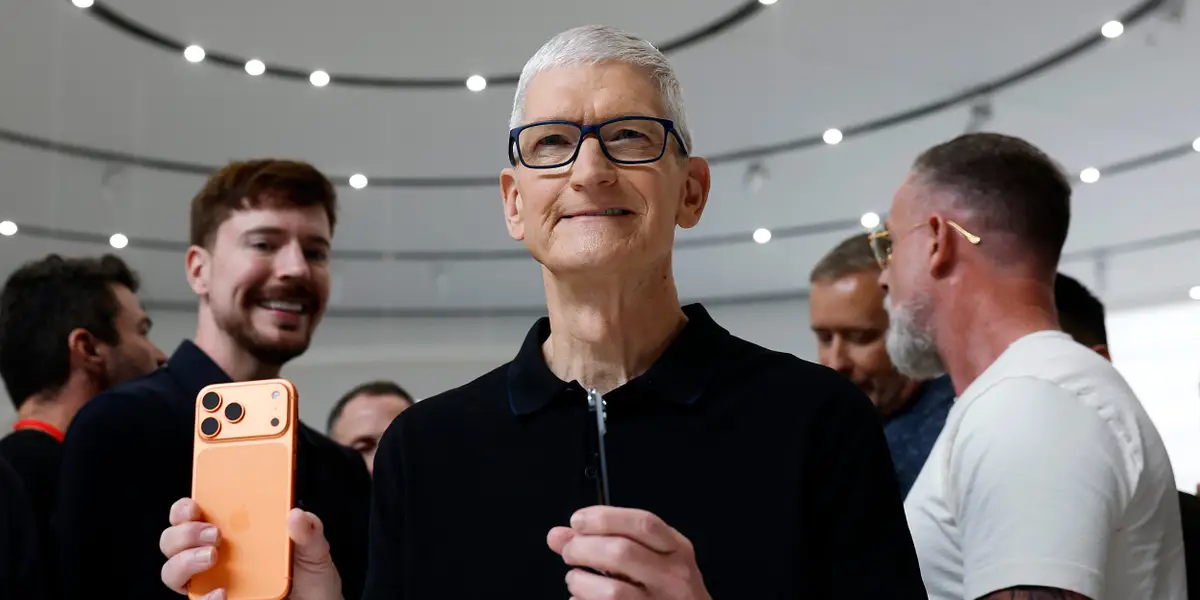Copyright Inc. Magazine

Artificial intelligence is already redefining the workplace. That was driven home this week by Amazon and Chegg, which both announced substantial layoffs. Amazon plans to cut 14,000 jobs as it invests more in AI, while Chegg said it was laying off 45 percent of its workforce as it confronts what it calls “the new realities of AI.” For workers and business owners, that’s a pair of warning shots highlighting the uncertainty and volatility of the years to come. Box CEO Aaron Levie, LinkedIn’s chief economic opportunity officer Aneesh Raman, and Clara Shih, Meta’s head of business AI, were recent guests at the Masters of Scale Summit in San Francisco to discuss the rise of AI and the changes it will bring. Entrepreneurs, said Shih, could be the people who are best suited to maximize AI’s productivity, thanks to their ability to pivot quickly and their near-obsessive tracking of what’s up and coming. Asked which skill will be most needed in the AI era, Shih said, “I think entrepreneurship, which is defined by pursuit of opportunity without regard to resource constraint, because the underlying substrate of our resources is continually shifting. And so we have to be constantly … on our toes, literally, just to pay attention to these trends and continually reinvent ourselves and our companies.” Featured Video An Inc.com Featured Presentation Raman expanded on that thinking, saying he believed curiosity would be the most valuable skill, while still namechecking the rest of the five Cs that represent critical soft skills in business leadership: curiosity, compassion, creativity, courage, and communication. “We all have to get better at all of those,” he said. “And then you have the sort of habits of resilience, adaptability, learn how to learn quick, learn how to fail fast.” While this week’s news of layoffs was discouraging, Levie said he’s optimistic about the long-term employment outlook as AI expands. Ultimately, he believes, AI will result in more hiring, since businesses can get a higher return on investment from each worker. He points to the evolution of the advertising agency as an analogy. In the 1980s, he said, it could take weeks to draw, print and scale an ad. The rise of Photoshop slashed that turnaround time, though. Had people in the ‘80s known what it could do, they would have feared massive layoffs in their field. The industry, of course, continues to thrive–and companies that previously couldn’t afford to advertise found themselves able to, thanks to lower costs. Levie says he suspects the impact of AI will be much the same, only on a broader scale. The technology, he says, will broaden the playing field, giving companies that don’t have the budget for many of the experts and tools that larger businesses do a chance to compete at the same level. “Each organization will look different, but … just imagine, let’s say, the small businesses that always have a structural disadvantage versus large companies because of their lack of access to talent and resources,” he said. “If you imagine them all being weaponized with the same expert lawyer and expert marketing and expert product development and software engineer as any kind of mid or large size company, what’s going to happen next is you’re going to have just a tremendous amount of growth of new organizations emerge with lots more productivity in a number of categories.” Additionally, he said, AI is still a work in progress. So despite the technology’s evangelists talking about the changes it will bring, it has few functional uses at the moment for many businesses. That gives owners and workers time to prepare for changes to come, learning complimentary skills and becoming familiar with AI’s abilities—and how to maximize its potential. “The reality is that if you drop AI into today’s business process, it’s going to actually do very little,” Levie said. “It’s not world-changing. … We thought AI would work how we do. It turns out it might be the case that we have to work how AI does, and we have to be actually in service of the agent to make it most productive.”



